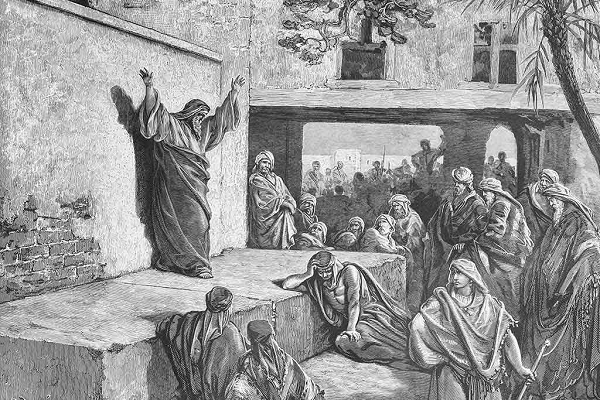Common Features of Communities in Treating Divine Messengers

A deeper historical look proves that although the history and geography of these communities were different, they had some common features when it came to treating divine prophets.
Verses 1 to 24 of Surah Hud describe characteristics of various communities which hosted divine messengers.
The verses point to six communities in which six prophets namely Noah, Hud, Salih, Ibrahim, Shuaib, and Musa were engaged in guiding people.
A closer study of these communities reveals that those people who practice patience and do good deeds will prosper and a lack of such actions will ultimately lead to despair and anger.
There are two opposing groups in each of these communities; one of them obeys what their prophet says while the other one considers the teachings of prophets against their worldly demands and aspiration.
The first point that divine prophets stressed in their communities was the Oneness of God and the need to worship Him and the second issue was asking God to forgive them for their negligence and sins.
Divine leaders and their followers are always hopeful; this hope comes from their strong belief in God and His support. Therefore, when facing difficulties, they find peace by remembering Allah and pin hope only on Him for going through problems.
Another characteristic of these communities is that those who believe in God and His messengers enjoy strong arguments for their deeds but their opposition engages in blind imitation as they often fail to offer clear reasons for their deeds.
A significant point about the fate of these people is that those who followed the wrong were eliminated while followers of prophets survived divine retribution.
The Holy Quran offers the stories of earlier communities so that people can take lessons and use the experiences of their ancestors.
 Most Commented
Most Commented 


